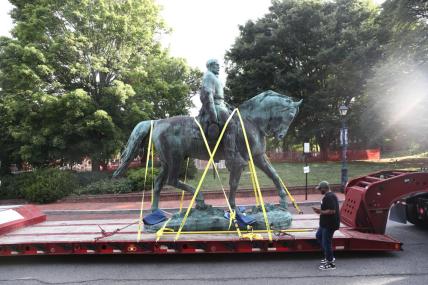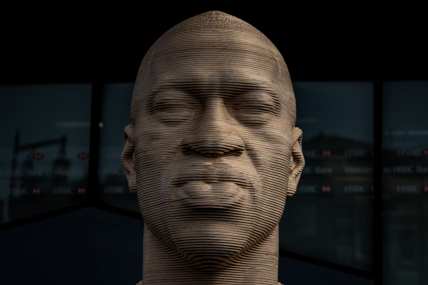Columbia University should keep Jefferson statue — and erect Sally Hemings beside it
OPINION: "Removing a Thomas Jefferson statue is just a performative action to circumvent having informed discussions on race in America," writes William L. McIlwain, IV.
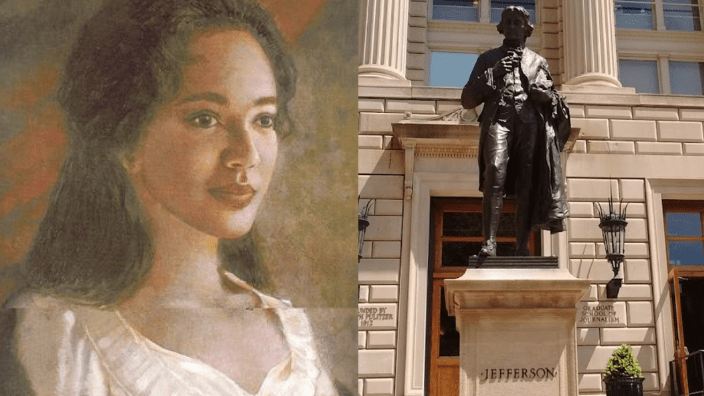
Pulitzer Hall is the home of Journalism School at Columbia University. A statue of founding father and former president Thomas Jefferson stands majestically in front of this historic institution. In light of the Black Lives Matter protests, there is a sweeping call to remove statues and monuments of notorious racists and slave owners — including the statue of Jefferson at Columbia University.
Statue removal in the United States is a hot topic and raises many questions. Though it is important not to promote or glorify anti-democratic ideals such as slavery in the public sphere, it is just as important to share an accurate depiction of history in order to learn from the errors of the past. The removal of Confederate statues can easily be justified because they represent a failed, treasonous rebellion that oppose the sovereignty of the United States.
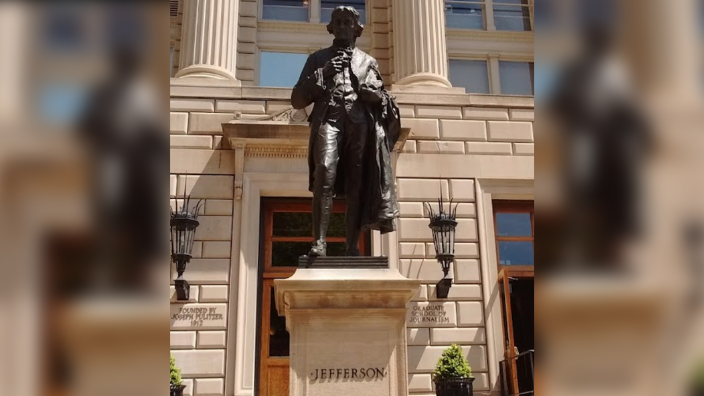
But what does the Thomas Jefferson statue at Columbia University represent? Would removing the statue of Jefferson help the toxic racial dynamic that continues in the United States? I argue that this case of statue removal is performative and undermines the greater mission of the university, which is education.
The United States is a nation that emerged from the philosophical epiphany of the Enlightenment led by freethinkers such as Thomas Jefferson. His legacy is intrinsic to both American history and journalism history. As the drafter of the Declaration of Independence, his ideas influenced the men who attended the Constitutional Convention. Indubitably, Jefferson contributed to the democratic structure and idealism of the United States in ways that are still relevant today.
Despite his many accomplishments, he is scrutinized for being a hypocrite. His actions and behavior didn’t align with his illustrious rhetoric of a democratic republic. He was a slave owner, misogynist, and referred to Native Americans as “savages.” However, it was his hypocrisy that paradoxically helped establish the role of the journalism in American democracy.
The scandal over his conduct positioned journalism to have a profound effect on public opinion and politics as a whole. James T. Callender, a journalist and pamphleteer, reported that Thomas Jefferson had an extramarital affair with his own young slave, Sally Hemings.
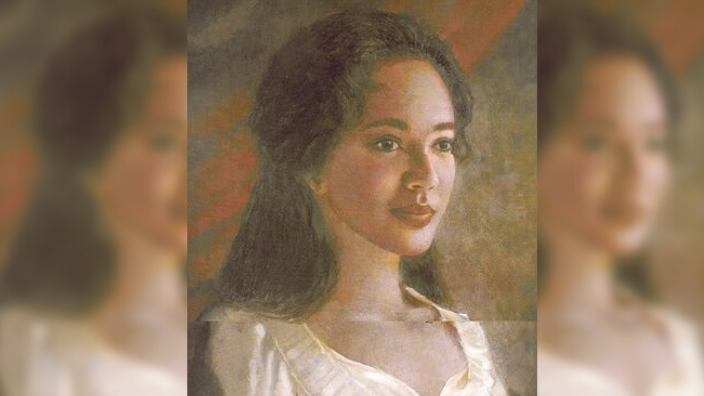
At first glance, this may not seem significant given the time period, when such behavior was not uncommon among slave holders, but the historic and political significance lies with the actors. John Wayles, the father of Martha Jefferson, also had the proclivity of having sexual relations with his slaves and Sally Hemings was his issue. Thus, Sally Hemings was the enslaved half-sister of Martha Jefferson. James Callender was ridiculed as a being a lowbrow journalist by the elite class in the United States.
Despite immense evidence that the affair happened, great efforts were made to cover up the scandal for over two centuries.
In modern day, the greater portion of American scholars and historians recognize that Jefferson did in fact have a relationship with Hemings. Through journalism, Callender was able to critique Thomas Jefferson and expose the hypocrisy of Jefferson’s actions overtime. Jefferson justified slavery by referring to Black people as subhuman and less than white people.
His affair raised several questions to the public: If slaves are subhuman, why is Jefferson sleeping with one? If slaves are subhuman, why is Jefferson having children with one? If slaves are subhuman, why does Sally Hemings have her own quarters at Monticello?
The Sally Hemings scandal is significant because it wouldn’t have been a scandal if it wasn’t for Jefferson himself. Thomas Jefferson supported the First Amendment that gave Callender the power of freedom of speech. If Jefferson did not preach that all men are created equal, he might not viewed as a hypocrite. The role of journalism in American democracy is greatly defined by this scandal. This story influenced the public opinion of slavery in a so-called democratic republic. One can argue Thomas Jefferson is a founding father of American journalism.

As an institution of higher learning, Columbia University should not attempt to erase history, but should aspire to teach and recognize a more accurate depiction of history and its implications. Jefferson’s legacy and its impact on journalism are far too great to call for the removal of his statue at Pulitzer Hall. In this case, removing a statue does not promote the advancement of academia at Columbia University or make campus a more inclusive environment.
I do believe monuments and statues on campus grounds should reflect the magnitude of an individual’s contribution to scholarship and education. Instead of removing the Jefferson statue, I propose erecting another statue next to him that more accurately depicts Jefferson’s contribution to American journalism — a statue of Sally Hemings.
Having a statue of Sally Hemings next to Thomas Jefferson at the Columbia School of Journalism would be significant and relevant by sparking conversations of the history of journalism in the United States. It will also address some of the issues of racial politics in the public sphere. Overall, it is imperative that actions institutions and individuals take to ameliorate our flaws as a nation are indeed effective.
Hiring a more diverse faculty, matriculating a more diverse student body, and teaching a more in-depth history are all potential avenues that Columbia University can take to address the central problem. Removing a Thomas Jefferson statue is just a performative action to circumvent having informed discussions on race in America.

William L. McIlwain, IV is a Ph.D. Candidate at the Journalism School at Columbia University. He also is the CEO of WILL of the STATE, L.L.C., an entertainment company based out of New York City. Before entering academia and the entertainment industry, he worked as a U.S. Diplomat at the Department of State.
Have you subscribed to the Grio podcasts, ‘Dear Culture’ or Acting Up? Download our newest episodes now!
TheGrio is now on Apple TV, Amazon Fire, and Roku. Download theGrio today!
